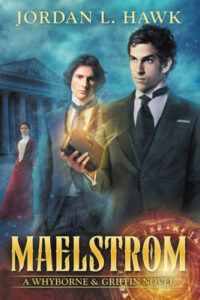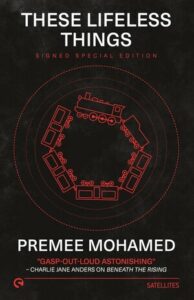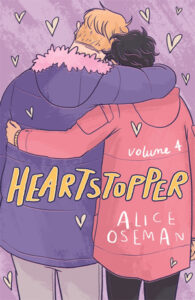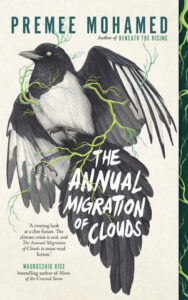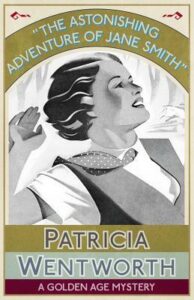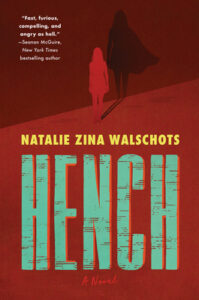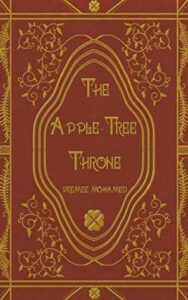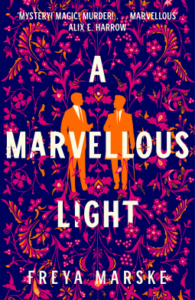 A Marvellous Light, Freya Marske
A Marvellous Light, Freya Marske
A Marvellous Light is really enjoyable, both the characters and their slow journey to trust and being willing to depend on each other, and the magic and worldbuilding. Sometimes in romantic fantasy the world seems sketched in to provide the backdrop for the relationship, but both are important here, and I’m just as fascinated to see more of the world and how magic works as I am to see Edwin and Robin deepen their relationship. (A sudden thought — I hope we do keep following them and don’t switch to another character’s related journey, as sometimes happens.)
Edwin is not trusting, too burned by his family and his status and his past relationships to really open himself up. Robin is perhaps a little too good to be true: loyal and loving and cheerful despite everything that’s happening to him and his own scars from his parents. It’s not hard to see how they’ll get together for a while, very early on, but it takes time to make it seem like they’re building something that will last. I thought it was beautifully done.
There are lots of fascinating glimpses of side characters, too, and I’d love to see more of Maud and especially more of Adelaide and Kitty.
But mostly I really want to get on with it and find out more about the contract, and the fae, and all that stuff that we barely understand in this book (because Edwin and Robin know nothing about it, except that they must figure out what the heck’s going on).

